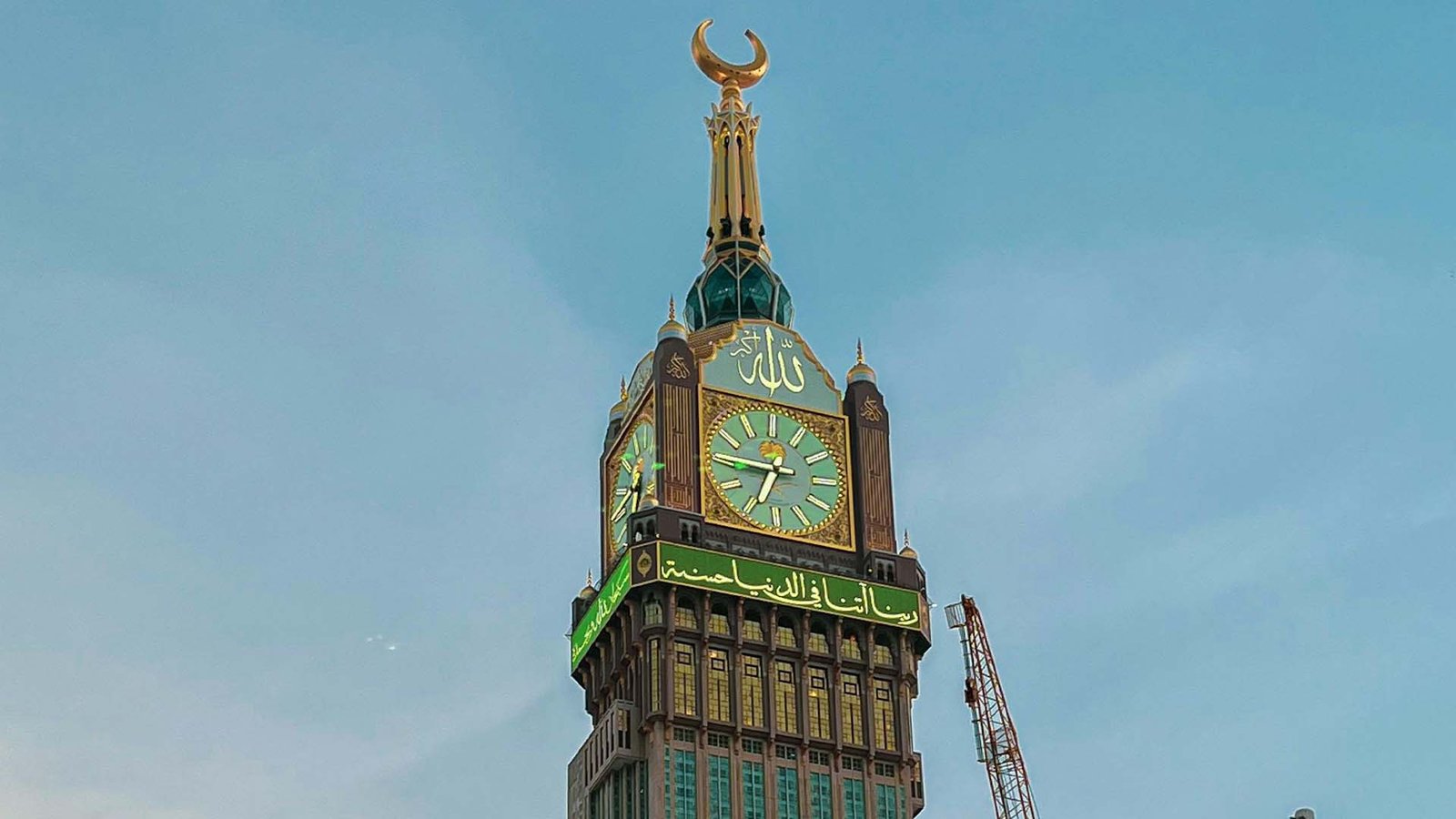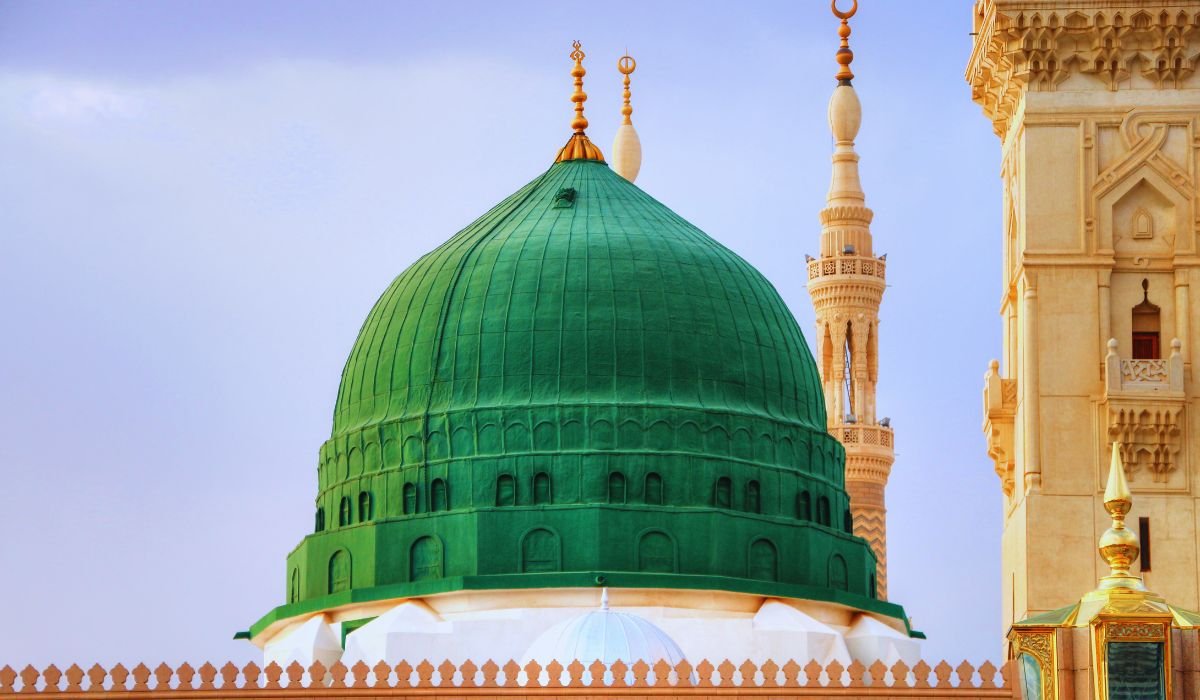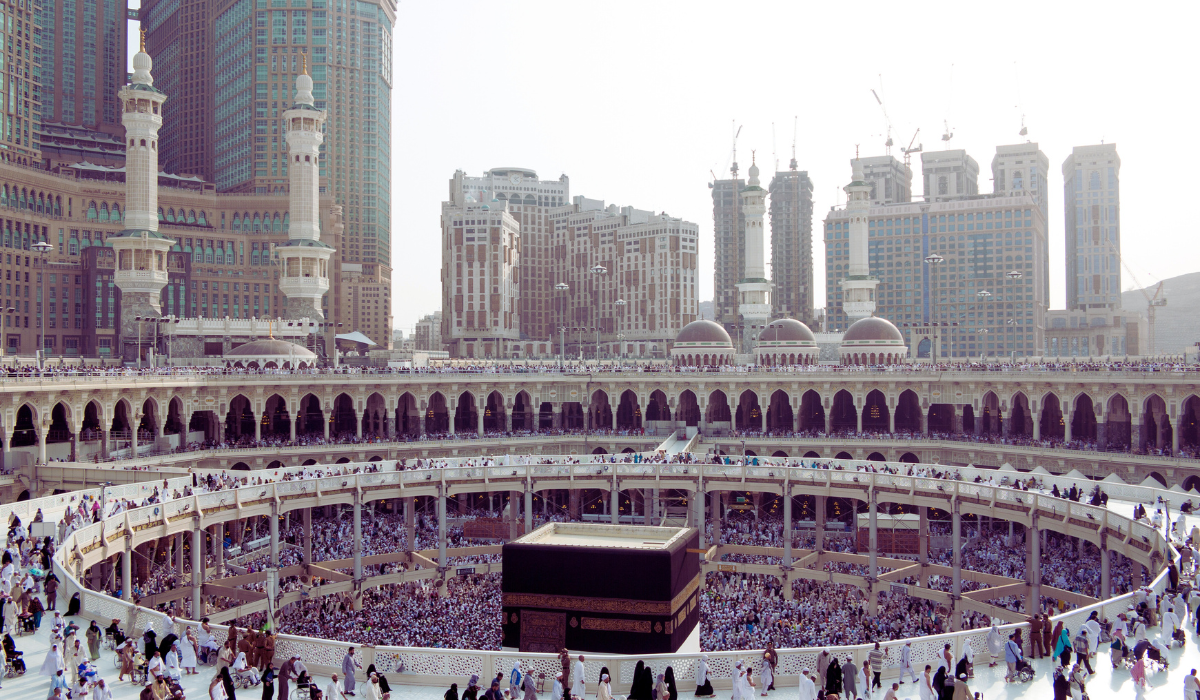Hajj is one of the basic tenets of Islam and a spiritual journey from which no Muslim will be exempt if he or she is able to take it once during his or her lifetime. Now, performing Hajj is a journey extending into the spiritual realm as much as in the physical. Every step, every motion of Hajj rituals is infused with deeper meaning. Here’s a complete guide, all in one place, to best help you prepare for this most sacred of pilgrimages.
What should be understood is the importance of the Hajj
Before getting into the details, one needs to understand the importance of Hajj. It is a way of expressing the brotherhood of the Muslim Ummah and their relationship with Allah SWT. It means self-retrospection and spiritual revival, and it is a process of sins being forgiven. The Hajj rites are very much associated with the activities of Prophet Ibrahim AS and his family. Proper performance of these rituals is key to a meaningful Hajj.
Preparation for Hajj
While the basic rituals of Hajj require patience and perseverance, a good amount of preparation is also necessary for a hassle-free and spiritually enjoyable journey. Following are some of the best practices that must be kept in mind:
- Research and Plan Ahead
Know about the different rituals and practices included in Hajj before one embarks. That will add to your spiritual experience at each step. Familiarize yourself with the travel plan, key locations, and the expected schedule. Also, make sure all your travel documents, such as the visa order, passport, and vaccinations, are ready.
- Choosing the Right Package
Choose a genuine and trustworthy Hajj travel package; it will make all the difference in your experience. Choose packages that would offer comprehensive services, which include accommodation, transport, and even guided tours. Ensure it fits your budget and what you want to achieve. Many agencies involved in travels offer customized packages, where one can request a tailor-made design as per his preference.
- Preparing Health and Safety
Consult the doctor before traveling to ensure you are physically fit. Address any health concerns and ensure vaccination where necessary. Bring all relevant prescribed drugs, a first-aid kit, and special dietary needs. It is recommended to keep yourself appropriately hydrated and healthy during this pilgrimage since Hajj involves a lot of walking while the conditions are really hot.
Key Rituals of Hajj
Before one makes the pilgrimage to Hajj, one should learn how to perform every act of the rituals correctly. Compiled herein is an overview of the key rituals done in Hajj as well as the dos and don’ts associated with every act:
- Ihram
Ihram stands for the sacred state of purity that the pilgrims put on before initiating the Hajj rituals. It is manifested in the form of specific attire: two white seamless clothes for men and a simple dress for a woman. Compiled below are some dos and don’ts touching on Ihram:
- Ihram wear: Wear the Ihram attire with an intention of purity and humility. Also, avoid perfume applications, sexual intercourse, or any other acts that may violate this state of Ihram.
- Make the Intention: Before wearing your Ihram, formulate the intention of Hajj, then recite the Talbiyah. Start off this journey of faith in this way, by proclaiming an intention.
- Tawaf
Tawaf involves going around the Kaaba seven times, all in a counterclockwise direction. This act is instead symbolic of Muslims’ oneness with each other, and through this act symbolically – when they all turn toward Allah.
- Tawaf with Perfection: Commence Tawaf from Hajar al-Aswad, and then continue Tawaf around the House of Allah, all in a counterclockwise direction. Do the Tawaf with qalb-e saleem through supplication and reflection on what this act really means.
-Avoid Crowds: Tawaf can get crowded; hence, wherever possible, Tawaf should be made in off-peak hours. Be patient and composed, keeping the spiritual purposes of the act in view.
- Sa’i
Sa’i consists of walking back and forth seven times between the hills of Safa and Marwah, commemorating Hagar’s search for water for her son, Ishmael.
Perform Sa’i from Safa to Marwah: This is to be performed seven times starting at Safa and ending at Marwah. You should reflect and make supplication at this time, reflecting on the ordeals and firm faith of Hagar.
- ‘Arafat
The Day of ‘Arafat forms the peak of Hajj. In the Plain of ‘Arafat, pilgrims stand in prayer and reflection.
-Reflection Time: Make sincere supplication and beg for pardon at Arafat, in a meek and pious manner. Since the day is one of spiritual revival, then spend the day engaged in sincerest worship and reflection.
- Hydrate:The day can be scorching and tiring, so make sure to drink enough water and rest whenever necessary.
- Muzdalifah
After sunset on the Day of Arafat, the pilgrims move to Muzdalifah, where they spend their night under the open sky and collect stones necessary for performing the Rami ritual.
Keep Comfy: You are going to spend your night outdoors, so take a mat or blanket to sit on. You should also be comfortable in what you wear and protect yourself against the elements.
- Rami al-Jamarat
It consists of throwing pebbles at three pillars and it is symbolic of renouncing evil.
- Rami Safely: Watch the instructions on pelting stones and beware of the crowds. This act represents your rejection of Satan’s temptations, so do it in all piety and attention.
7. Eid al-Adha and Qurbani
On the day of Eid al-Adha, the pilgrims sacrifice an animal; usually a sheep, goat, or cow – an action that symbolizes the Prophet Ibrahim was willing to sacrifice even his son.
Do the sacrifice in an Islamically accepted manner. The meat is normally distributed among family members, friends, and those poor or needy.
- Tawaf al-Ifadah
Tawaf al-Ifadah is done after the major rituals of the Hajj have been completed. This tawaf marks the farewell rounds of the pilgrimage rites.
- End with Passion: Perform Tawaf al-Ifadah with as much passion as the first Tawaf. It is that defining moment in your pilgrimage.
Conclusion
Hajj, in itself, is a very spiritual and life-changing event. With these best practices and the knowledge of the rituals’ meanings, one can further appreciate the pilgrimage and complete this act of worship with dedication and respect. Always show humility, patience, and a sincere heart while performing each aspect of Hajj with the purpose of enhancement of bonding with Allah and embracing the deep spiritual journey Hajj holds.






